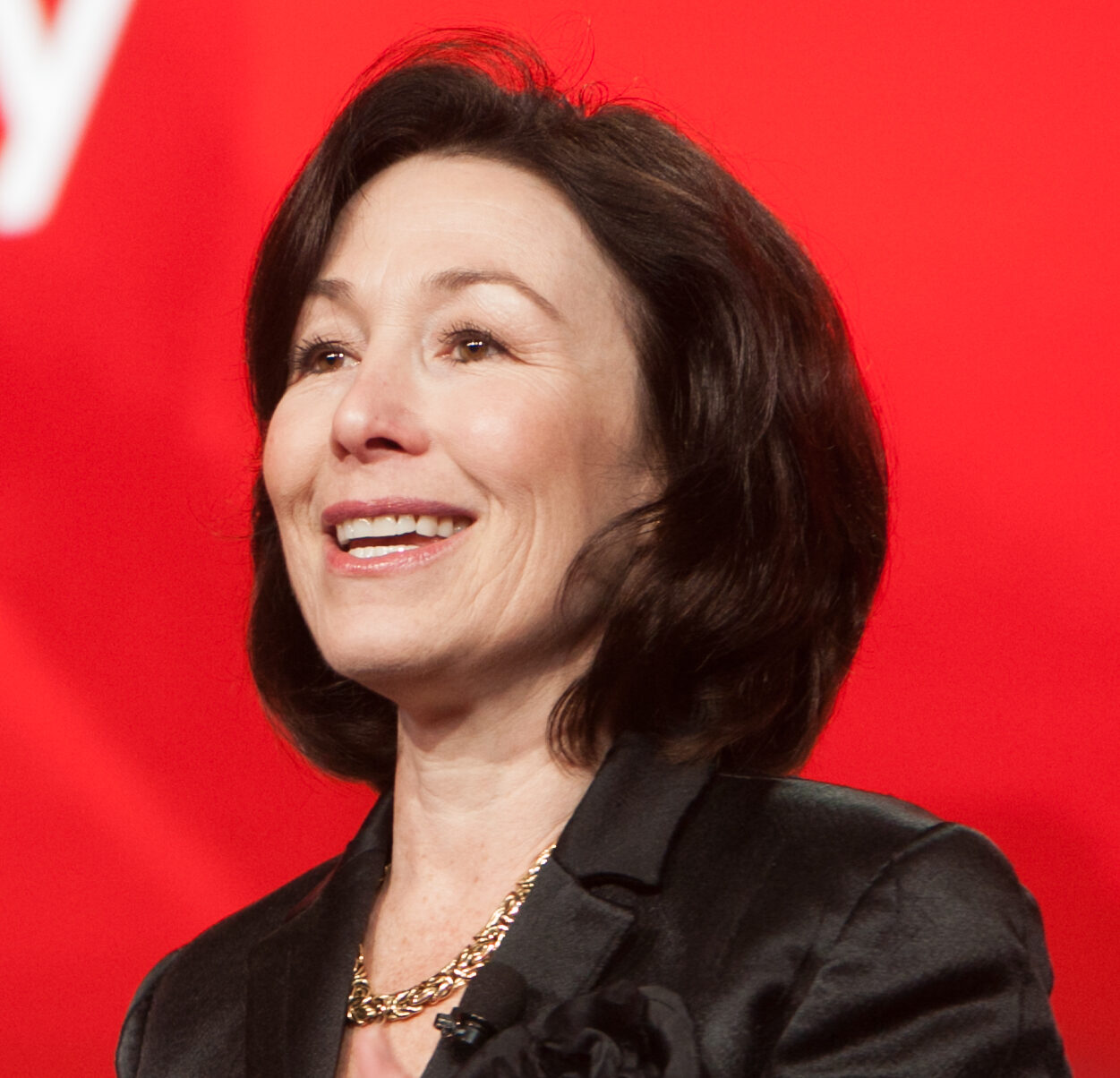Oracle Corporation has announced its results for the second quarter of fiscal 2023, showing strong double-digit growth and big numbers for cloud and OCI.
Total quarterly revenues were up 18 percent year-over-year and 25 percent in constant currency, reaching $12.3bn. The figure exceeded the firm’s expectations by over $200m.
The increase was largely driven by huge growth in overall cloud revenue, which grew by 43 percent to $3.8bn, up 48 percent in constant currency, and cloud infrastructure growth which grew by a staggering 53 percent, 59 percent in constant currency, to $1bn in revenues.
Oracle’s collective cloud services and license support revenues, together rose 14 percent in total, and 20 percent in constant currency, to $8.6bn. Cloud license and on-premise license revenues also saw a 16 percent increase, 23 percent in constant currency, to $1.4bn.
Following from Oracle’s acquisition of Cerner one year ago, this quarter sees its revenues rise 16 percent, 23 percent in constant currency, contributing $1.5bn to total revenues.
GAAP net income for Q2 came in at $1.7bn, and non-GAAP net income was $3.3bn. Meanwhile, Q2 GAAP and non-GAAP earnings per share were $0.63 and $1.21 respectively, with Q2 non-GAAP reportedly 9 cents lower due to the strengthening of the US dollar against other currencies.
Oracle’s board of directors declared a quarterly cash dividend of $0.32 per share of outstanding common stock, which will be paid to stockholders by close on 24 January next year.
Oracle CEO, Safra Catz, said: “Strong overall revenue growth was powered by our infrastructure and applications cloud businesses that grew 59 percent and 45 percent respectively, in constant currency. Fusion Cloud ERP grew 28 percent in constant currency, NetSuite Cloud ERP grew 29 percent in constant currency – each and every one of our strategic businesses delivered solid revenue growth in the quarter.”
Oracle chairman and CTO, Larry Ellison, said: “Since the acquisition, Cerner has contributed to Oracle’s growth – and Oracle has helped Cerner improve its technology. But we are just beginning our mission to modernize healthcare information systems. In the wake of the COVID pandemic, there is a worldwide sense of urgency to transform and improve national healthcare systems.
“Our goals are ambitious: fully automate clinical trials to shorten the time it takes to deliver lifesaving new drugs to patients, enable doctors to easily access better information leading to better patient outcomes, and provide public health professionals with an early warning system that locates and identifies new pathogens in time to prevent the next pandemic. The scale of this opportunity is unprecedented – and so is the responsibility that goes along with it.”




